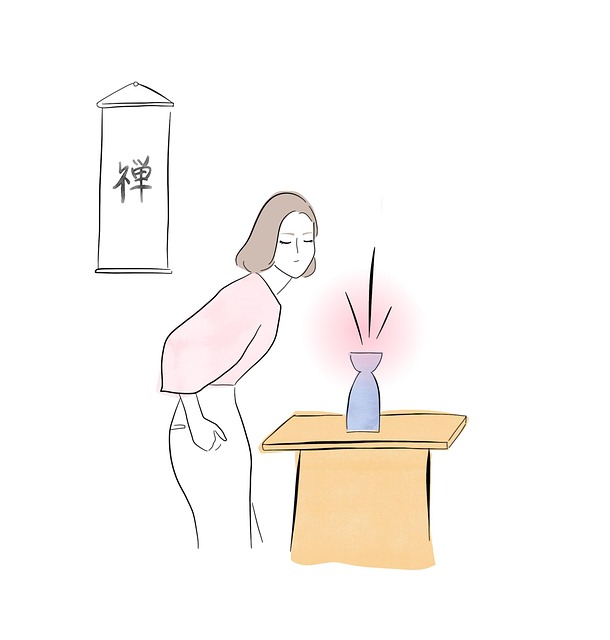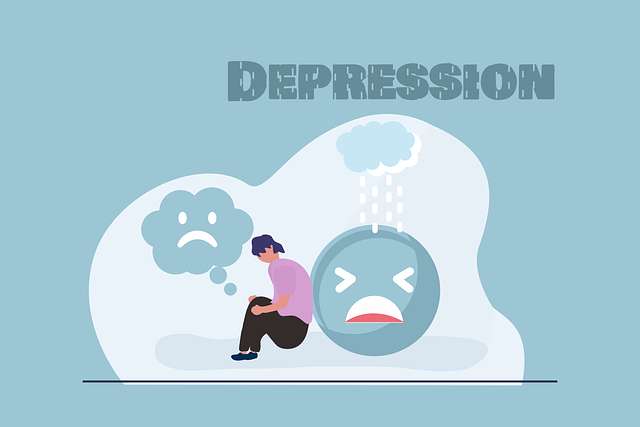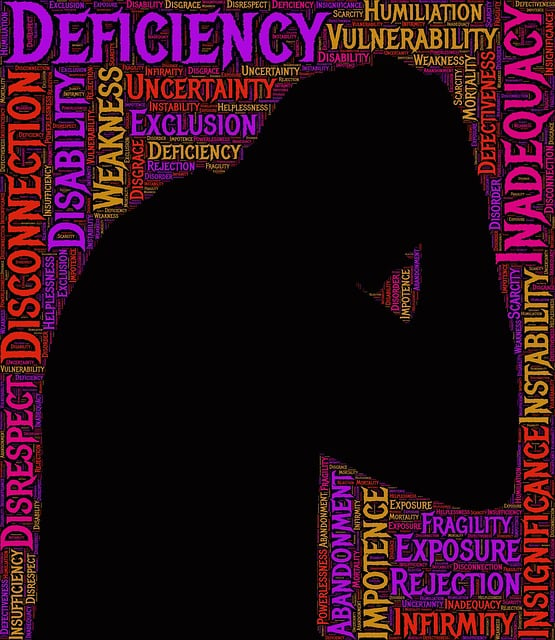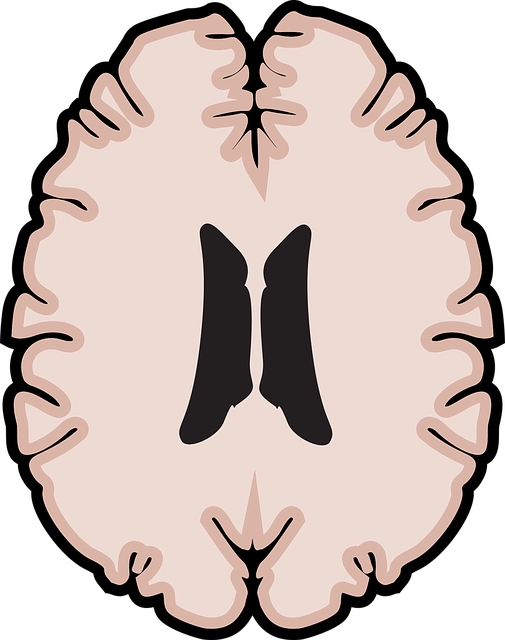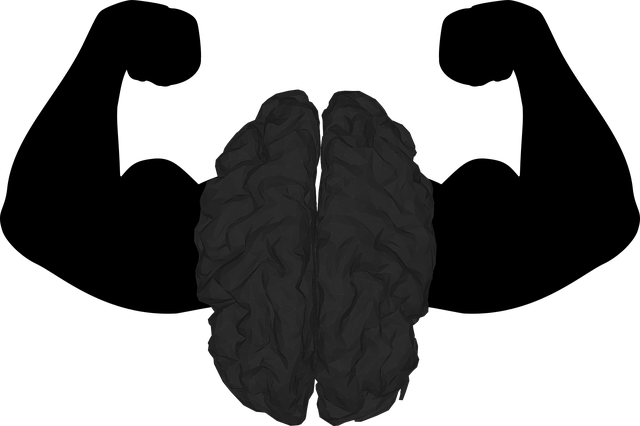Louisville Veterans Therapy offers specialized programs combining positive thinking techniques, crisis intervention, and cultural sensitivity to enhance well-being for veterans dealing with trauma or stress. Through personalized exercises like guided meditations, gratitude journaling, and cognitive reframing, they foster optimism, resilience, and effective coping strategies. Integrating gratitude, mindfulness, and visualization empowers both veterans and healthcare providers, promoting emotional healing, stress reduction, and improved mental wellness while building a supportive community. Regular progress tracking through self-reflection and practice maintains healthy habits, leading to better patient outcomes and sustained professional satisfaction.
Positive thinking exercises are powerful tools for enhancing well-being. This article explores the transformative potential of positive thinking and its profound impact on mental health. We delve into the success story of Louisville Veterans Therapy, a safe haven where veterans cultivate mindfulness through tailored exercises. By integrating gratitude, mindfulness, and visualization, these practices become accessible and effective. Learn how to design your own routines and track progress to sustain a positive mindset, inspired by the innovative approaches at Louisville Veterans Therapy.
- Understanding Positive Thinking and Its Impact on Well-being
- Louisville Veterans Therapy: A Safe Space for Mindful Practice
- Designing Effective Positive Thinking Exercises
- Integrating Gratitude, Mindfulness, and Visualization Techniques
- Tracking Progress and Sustaining Positive Habits
Understanding Positive Thinking and Its Impact on Well-being

Positive thinking is a powerful tool for enhancing overall well-being and quality of life. It involves cultivating optimistic attitudes, reframing negative thoughts, and focusing on personal strengths and resources. This simple yet profound practice has been shown to have numerous benefits, including improved mental health, increased resilience, and enhanced physical health. For individuals dealing with challenges such as trauma or stress, Louisville Veterans Therapy offers specialized programs designed to teach and reinforce positive thinking techniques.
By understanding the impact of positive thinking on mental and emotional states, individuals can actively participate in their healing process. Public Awareness Campaigns Development initiatives play a crucial role in educating folks about the power of optimism and its potential to mitigate stress and anxiety. Additionally, Stress Management Workshops Organization and Resilience Building programs provide practical tools for navigating life’s challenges with greater equanimity and positivity. These efforts contribute to creating a supportive environment where individuals can thrive and lead fulfilling lives.
Louisville Veterans Therapy: A Safe Space for Mindful Practice

Louisville Veterans Therapy offers a unique and safe space for individuals to engage in mindful practices, focusing on positive thinking exercises. This specialized service is tailored to meet the specific needs of veterans, providing them with a supportive environment to navigate mental health challenges. The therapy sessions incorporate various techniques, such as crisis intervention guidance and cultural sensitivity in mental healthcare practice, ensuring every veteran receives personalized care.
Through these therapeutic approaches, Louisville Veterans Therapy empowers individuals to develop positive thinking patterns, enhancing their overall well-being. The sessions also delve into conflict resolution techniques, helping veterans manage and overcome internal or external conflicts. This holistic approach creates a sense of calm and fosters resilience, allowing participants to embrace a brighter outlook on life.
Designing Effective Positive Thinking Exercises

Designing effective positive thinking exercises involves tailoring activities that cater to individual needs and preferences. At Louisville Veterans Therapy, therapists utilize a variety of techniques, such as guided meditations, gratitude journaling, and cognitive reframing, to help clients cultivate optimistic perspectives. These exercises should be practical, accessible, and engaging, incorporating elements from everyday life to make them relatable and sustainable. For instance, encouraging clients to reflect on past achievements or write down three positive things each day can foster a mental health awareness that transcends therapy sessions.
Moreover, incorporating communication strategies and healthcare provider cultural competency training into these exercises is beneficial. By creating a safe space for expression and understanding diverse perspectives, therapists can facilitate meaningful dialogues that enhance bonding and promote mental wellness. These exercises not only empower individuals to take control of their thoughts but also foster a sense of community, particularly important in addressing the unique challenges faced by veterans.
Integrating Gratitude, Mindfulness, and Visualization Techniques

Integrating gratitude, mindfulness, and visualization techniques is a powerful way to enhance emotional healing processes and prevent burnout among healthcare providers, such as those at Louisville Veterans Therapy. Gratitude practices involve consciously acknowledging and appreciating the positive aspects of life, fostering a sense of contentment and optimism. Mindfulness encourages individuals to focus on the present moment without judgment, helping to quiet the mind and reduce stress. Visualization techniques harness the power of imagination, allowing people to mentally recreate peaceful or successful scenarios, which can boost confidence and improve overall well-being.
By combining these strategies, healthcare providers can cultivate compassion cultivation practices that not only benefit their patients but also themselves. Regularly incorporating gratitude, mindfulness, and visualization into daily routines can create a sense of balance, resilience, and self-care—essential components in preventing burnout and promoting sustained professional satisfaction.
Tracking Progress and Sustaining Positive Habits

Tracking progress is a vital component of any positive thinking exercise, especially for those seeking support through Louisville Veterans Therapy. By regularly monitoring their thoughts and behaviors, individuals can identify patterns and gauge the effectiveness of their mental health education programs design. This self-reflection allows them to make informed adjustments and set realistic goals. For instance, one might track the frequency of negative thoughts over time, noticing a significant decrease, which indicates progress. Such observations provide motivation to continue the positive thinking journey.
Sustaining these habits requires ongoing commitment and various strategies. Crisis intervention guidance can be beneficial in helping individuals navigate challenging situations without reverting to old thought patterns. Regular practice of positive affirmations, mindfulness exercises, or journaling can reinforce new, healthier behaviors. Encouraging social support networks also plays a crucial role. Sharing progress with friends or joining like-minded communities can provide accountability and inspiration, making it easier to maintain the momentum gained through these mental health education programs design.
Positive thinking exercises, as demonstrated by initiatives like Louisville Veterans Therapy, can significantly enhance well-being. By integrating gratitude, mindfulness, and visualization techniques, individuals can cultivate a more optimistic mindset and sustain positive habits. Tracking progress over time enables continuous growth and reinforces the transformative power of these practices. Whether you’re an individual seeking personal development or an organization looking to support employee mental health, incorporating these exercises into daily routines can lead to lasting improvements in overall well-being.

